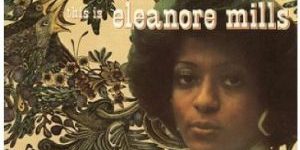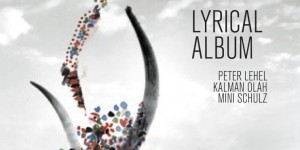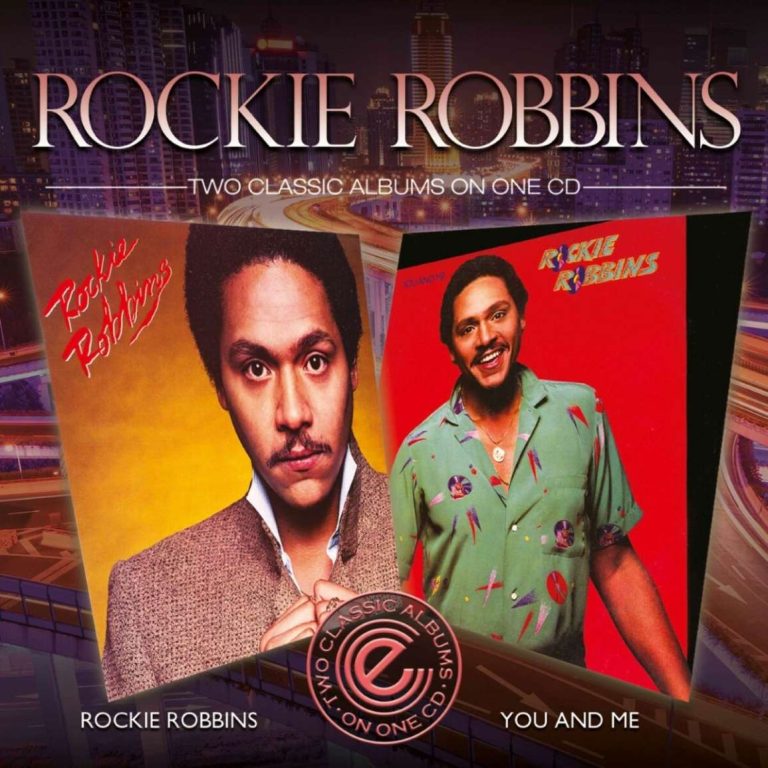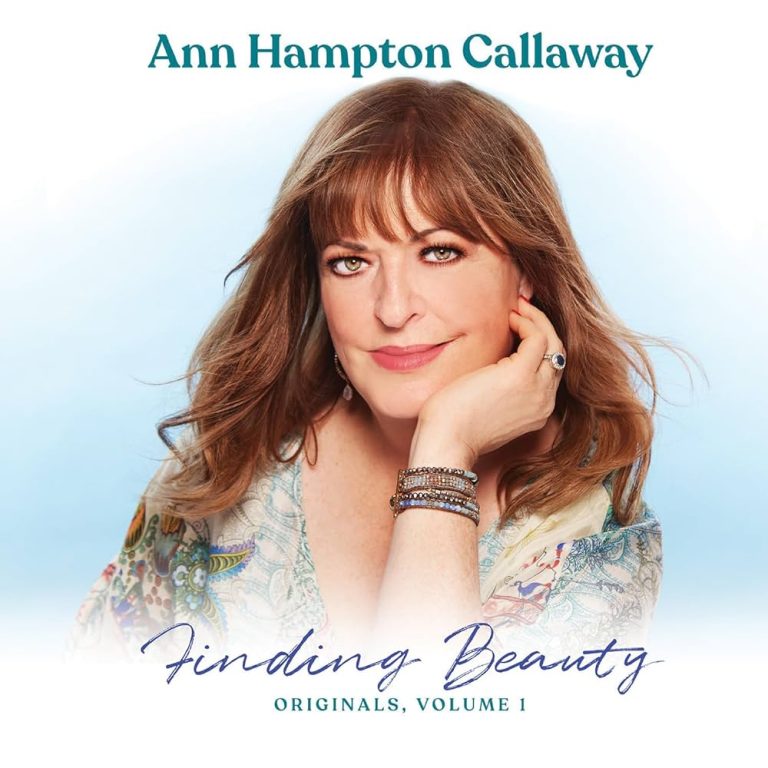Terell Stafford – BrotherLEE Love/Celebrating Lee Morgan
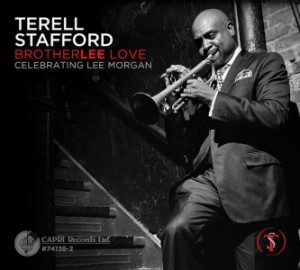 Lee Morgan, the trumpet champ from Philadelphia with his fiery and exuberant style, is celebrated by Terell Stafford on his latest album. Even though Morgan died at the young age of 33 (he was shot dead by a woman friend in a New York nightclub), his output remains vast and influential. His early style is probably best compared to that of Clifford Brown, but most of his later Blue Note albums show his own originality in playing and writing as he became more soulful with each record, starting maybe with his most memorable and also successful song, “The Sidewinder”, which was released by Blue Note on the album of the same name in 1964.
Lee Morgan, the trumpet champ from Philadelphia with his fiery and exuberant style, is celebrated by Terell Stafford on his latest album. Even though Morgan died at the young age of 33 (he was shot dead by a woman friend in a New York nightclub), his output remains vast and influential. His early style is probably best compared to that of Clifford Brown, but most of his later Blue Note albums show his own originality in playing and writing as he became more soulful with each record, starting maybe with his most memorable and also successful song, “The Sidewinder”, which was released by Blue Note on the album of the same name in 1964.
Terell is using one track from this particular album as his opener: “Hocus Pocus” is finest hardbop material, both in its original recording with an astounding Joe Henderson tenor sax as well as in this new recording which features Tim Warfield on sax. A bright and fancy opener which also showcases pianist Bruce Barth with a swinging solo and Peter Washington on bass chiming in.
Lee’s album “Search For The New Land” was recorded in 1964 and released two years later and had Wayne Shorter on sax and Herbie Hancock on piano. From that album, Terell uses “Mr. Kenyatta” and keeps the thrilling staccato lines alive in a sparkling interpretation. “Petty Larceny” is a song that Lee wrote during his stint with Art Blakey and the Jazz Messengers and is featured on Blakey’s 1962 release “The Freedom Rider”. Both Bruce and Terell are featured here with sprighly solos and imaginative approaches.
The standard “Candy” was recorded by Lee on his 1958 Blue Note album of the same name and here, the tempo is coming down to a bluesy wail with ample accompaniment by the rhythm section which also includes drummer Dana Hall. As in the original recording, Terell is doing this dreamy version without the sax.
“Yes I Can, No You Can’t” is from Lee’s album “The Gigolo” (1965) and sort of a second “The Sidewinder” with its boogaloo patterns and is another fine example for the fiery and soulful Morgan side. The album stays consistently swinging and bouncing, like on “Stop Start” (recorded in the late 60s for an album called “The Procrastinator” which was posthumously released) with fascinating parts by both Bruce and Dana or on “Speedball” with cleverly and deftly executed solos by all involved, especially Peter on bass. Another beautiful ballad, “Carolyn” (from Hank Mobley‘s “No Room For Squares” album) and a 12-minute plus original from Terell, “Favor”, round out this smart and sexy album which was brilliantly produced by John Clayton.



